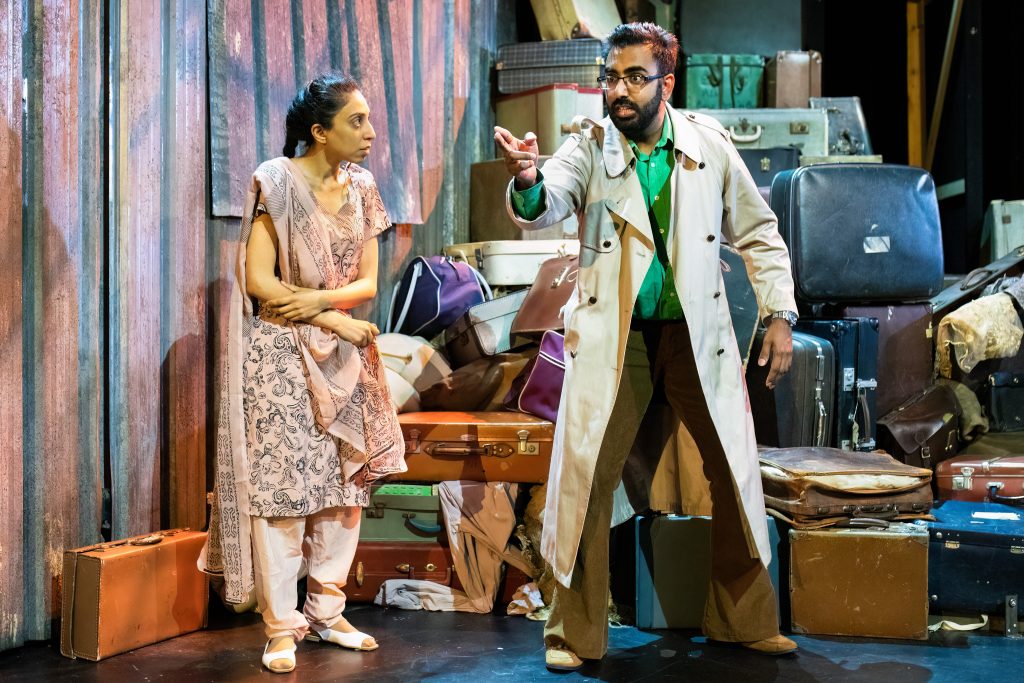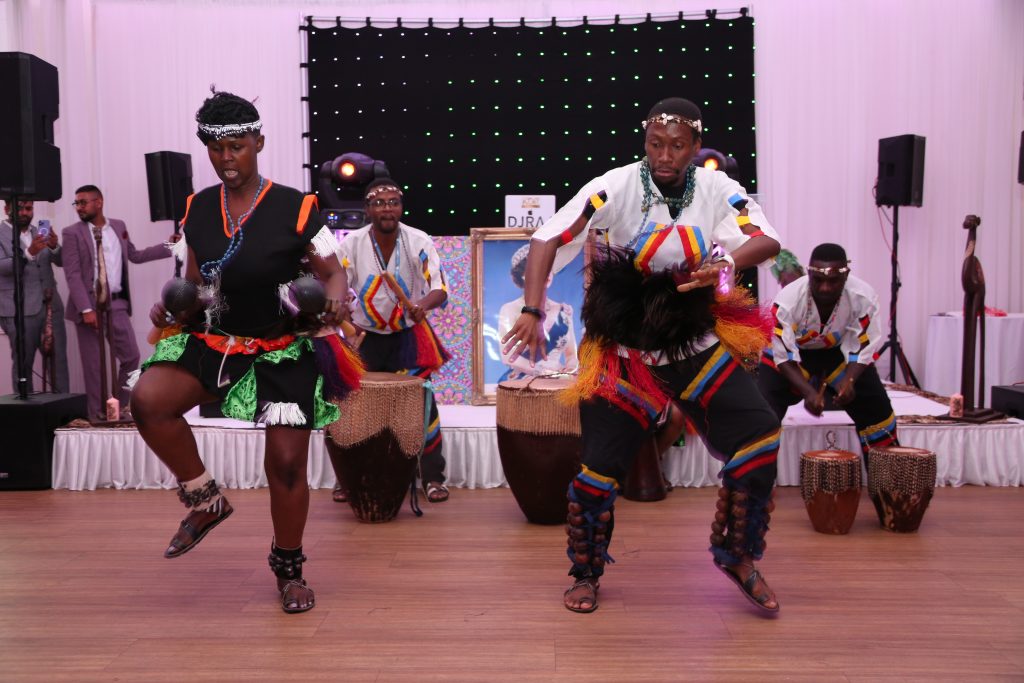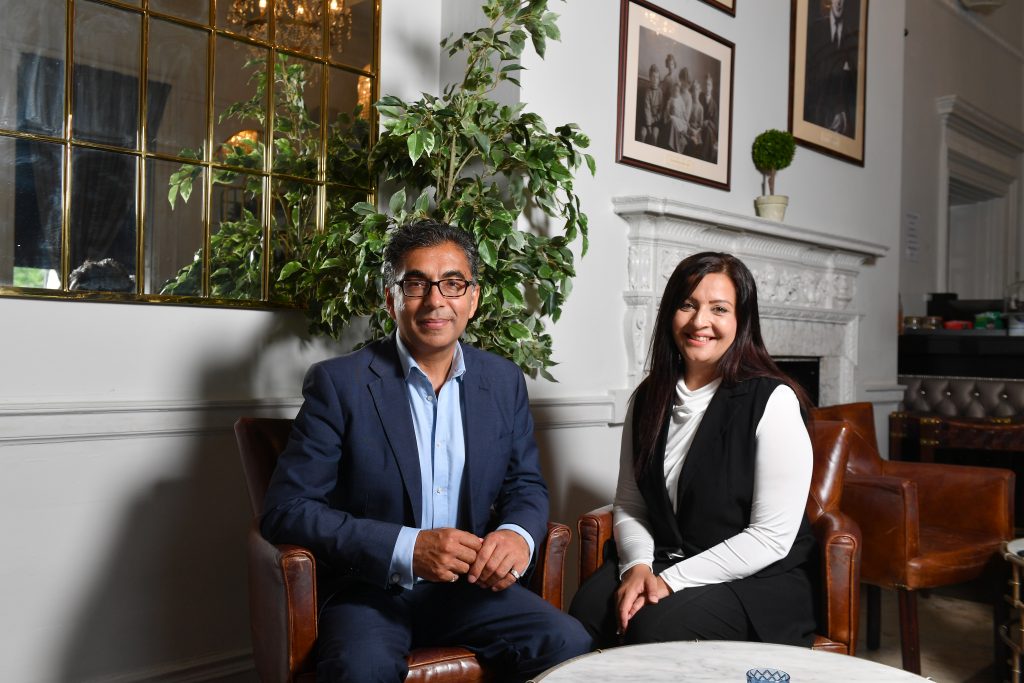
This year marks 50 years since over 70,000 Ugandan Asians were forced out of their home country on order of brutal military dictator Idi Amin.
12,000 chose to settle in Leicester, working hard to rebuild their lives in the city they now call home. Since arriving, they have made a massive impact on its landscape, playing their part in sculpting it into the diverse and thriving city we all know and love today.
Leicester commemorated Uganda 50 in many different ways throughout 2022, from poignant theatre productions and art exhibitions, through to quiet, reflective gatherings and more joyous events, designed to celebrate this important milestone in history.

For many, Uganda 50 was a chance to remember not only the horror of what happened 50 years ago, but also to celebrate the strength and triumph of those who were faced with such an unthinkable reality back in 1972 – their success in starting over, and in rebuilding their lives when the odds were well and truly stacked against them…
Back in July, thousands of people gathered in Leicester’s Abbey Park to listen to the stories of those brave enough to take to the stage and share their memories and connections to Uganda.
One of those to share his story was Bhavesh Chandarana.
“It’s emotional because it takes you back – it takes you back on a journey that you never expected would ever happen in your life,” he said.
“You’re all happily settled in a country, then a madman has a dream, and tells us to leave penniless.
“So yes, it’s sad but our destiny was meant to be in this country,” he added, philosophically.
Leicester’s Curve theatre, commemorated the expulsion with a series of plays, depicting the raw reality of what happened.
Sneya Rajani and Rav Moore took part in a performance called ‘Ninety Days,’ which saw them play the part of a newly married husband and wife caught up in the exodus.
Their characters, Geeta and Sudesh, are torn over whether to stay in Uganda or leave everything behind when Ugandan dictator Idi Amin declares that all Asians have just ninety days to leave.
Playing the parts was an emotional and deeply humbling experience for both actors, they say.
“They had so much resilience – to be able to basically start again from scratch with just £55 to their names,” reflected Sneya, whose own Aunts and Uncles were forced out of Uganda 50 years ago.
“They never really spoke about it. Instead they cushioned it for us and just got on with it in order to give us better lives.
“I have so much respect for that, and that’s why it’s really important that these stories are told and that we get them right,” she added.
In September, a reunion took place at Winstanley House, which saw Asian Ugandan’s reunited with people they hadn’t seen for 50 years.

The event was organised by Priti Raichura and Rajiv Popat, whose parents were expelled from Uganda, giving them both a deeply personal connection to what happened.
Speaking of the event, Mr Popat said: “It’s important to commemorate what happened 50 years ago because countless lives were devastated by the decision of one man.
“Very few speak about the brutality of Idi Amin which led to widespread bloodshed and chaos. They’ll never forget their loved ones who were kidnapped, raped or murdered.
“Despite the huge upheaval, heartache and pain of having to leave the country they loved however, thousands of people settled in the UK and transformed cities like Leicester with their incredible entrepreneurial skills,” he added.
“We believe that should be celebrated. After all, we wouldn’t have the biggest Diwali festivities outside of India on the Golden Mile without the hard work of Asians who’ve made the city their home for the last 50 years.”



